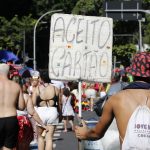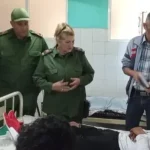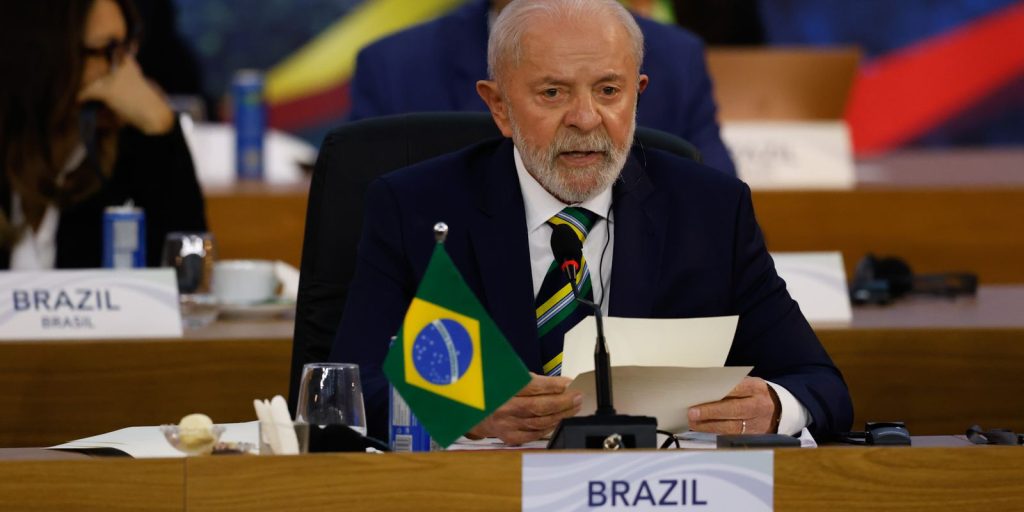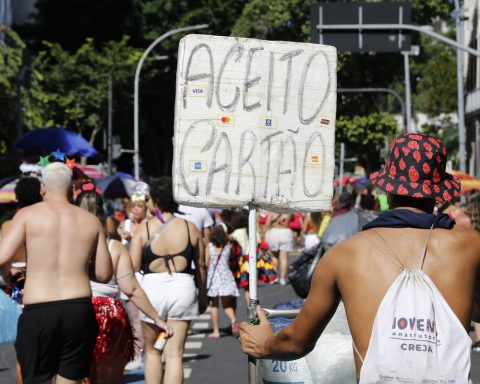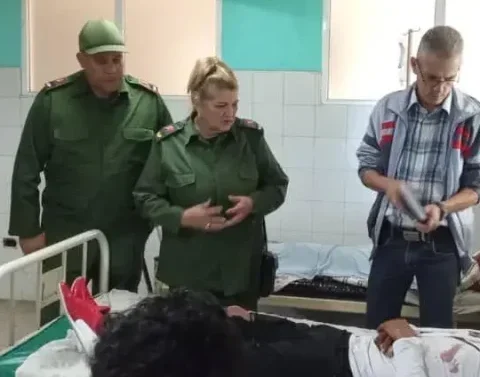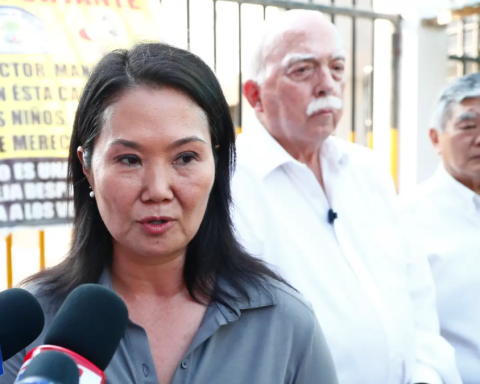Before the health reform, proposed by the current Government, was fully approved in the first debate of the Seventh Commission of the House of Representatives, The presenting congressmen added a total of six new articles to the text of the bill.
(Read: Health reform: the project was approved in the first debate in the Chamber)
These address topics such as the provision of specialized services for people with rare diseases, the promotion and production of vaccines, dispensing of medicines, the health entities of the Itinerant State and rural health.
1. Provision of services for orphan and rare diseases
Health
iStock
The representative of the Liberal party, Héctor D. Chaparro, was the congressman who proposed the integration of the article that seeks guarantee the provision of specialized services for people with rare or orphan diseases, as well as their prevention.
(See more: Biomedical engineering stands out as a strategic pillar for health innovation)
In detail, the point proposes that the Ministry of Health establish the mechanisms so that within the framework of the organization of the Comprehensive and Integrated Territorial Health Networks, institutions, specialized and reference centers in this type of diseases are included, with the aim of optimizing prevention, detection and timely diagnosis.
Vaccine research and production

Vaccines.
EL TIEMPO Archive
For this article, Leider presenter Alexandra Vasquez suggested that an article that addresses theto promote research and production of vaccines within the national territory.
(Read more: ‘An inclusive environment must be built in which voices are heard’: Novartis)
This, he indicates, would be done in order to stimulate the development of science and technology in health. However, if there is an offer of vaccines produced by public, private or mixed entities, the Ministry, In its vaccine and medicine acquisition processes, it will give special consideration to local producers.
“The development, validation and application of alternative methods to animal experimentation in biomedical research, the production of drugs, the production of biologicals, public health or other similar methods will be strengthened, which will be regulated in a coordinated manner between the Ministry of Science, Technology and Innovation will agree with the Ministry of Health and Social Protection and the National Institute of Health”says the proposal.
(See: The tensions that the health reform has generated, according to the Ascif union)
Dispensing regulations

Medications
iStock
Regarding this point, the congressmen asked to include in the reform an article that establishes that pharmaceutical services and other drug and technology dispensing establishments, They must comply with the requirements established in current regulations.
(Read: Health reform: this was the debate this Wednesday in the Chamber)
Furthermore, these They must be authorized by the territorial health entities, with the registration and demonstration before Supersalud of the essential requirements for the provision of the pharmaceutical service.
Health entities of the Itinerant State

Health in Colombia
Juan Pablo Rueda / Portfolio
In the case of dispersed areas, far from urban centers, rural areas, or with difficult geographical access, It was established that itinerant State Health Entities or national mobile care must operate, who will provide basic, preventive and specialized care.
(See also: Scientific societies warn of the risks of health reform)
These, according to representative Hugo Archila, They must have the latest technology equipment, medical supplies, medications, diagnostic equipment and health personnel with experience in caring for people in mobile settings.
“The Itinerant State Health Entities or care entities may operate with the logistical support of the Military Forces and the National Police determined by the Ministry of Health and Social Protection, and must also promote the support of International Organizations Protected by International Humanitarian Law.”, he indicates.
(Read:The health sector would start 2025 with a fiscal gap)
National Rural Health Plan

Health
iStock
Congressman Juan Carlos Vargas, proposed that in rural areas and dispersed rural areas of the country the implementation of the National Rural Health Plan (PNSR) will be guaranteed, also including in its prioritization the subregions and municipalities of the Development Programs with a Territorial Approach PDET.
(See more: Andi reflects her concern about the technical health tables)
“The Government must formulate the Plan in a participatory manner with peasant organizations, victims of the armed conflict, rural communities and ethnic communities present in rural territories. Said plan will be implemented in compliance with point 1.3.2.1 of the Final Agreement for the Termination of the Conflict and the construction of a stable and lasting peace, adopted through Legislative Act 02 of 2017.”, he mentions.
He adds that this will be articulated with the strategies of Primary Health Care, social health insurance, the CAPS Primary Health Care Centers and decentralized rural health care centers.
(Read: Cancer incidence in Colombia could be reduced with greater prevention)
Special services for high-cost illnesses

Cancer
iStock
For this case, it was added to the article providing special services for high-cost diseases such as cancer and orphan diseases.
(See more: Uncertainty about the health system would affect innovations in the sector)
This proposes that the Ministry of Health will guarantee a National Comprehensive Health Care Network in each of the territories for the provision of services for the diagnosis, acquisition and distribution of high-cost medications essential in the treatment of cancer and rare or orphan diseases regardless of the geographical location of the institution or the patient.
All this with the aim of optimizing accurate and timely diagnosis and guaranteeing the therapeutic response for these pathologies. For which, will have the advice of the institutions it considers relevant.
(Read: Transformation of EPS and responsibility for financial risk, doubts about the reform)








